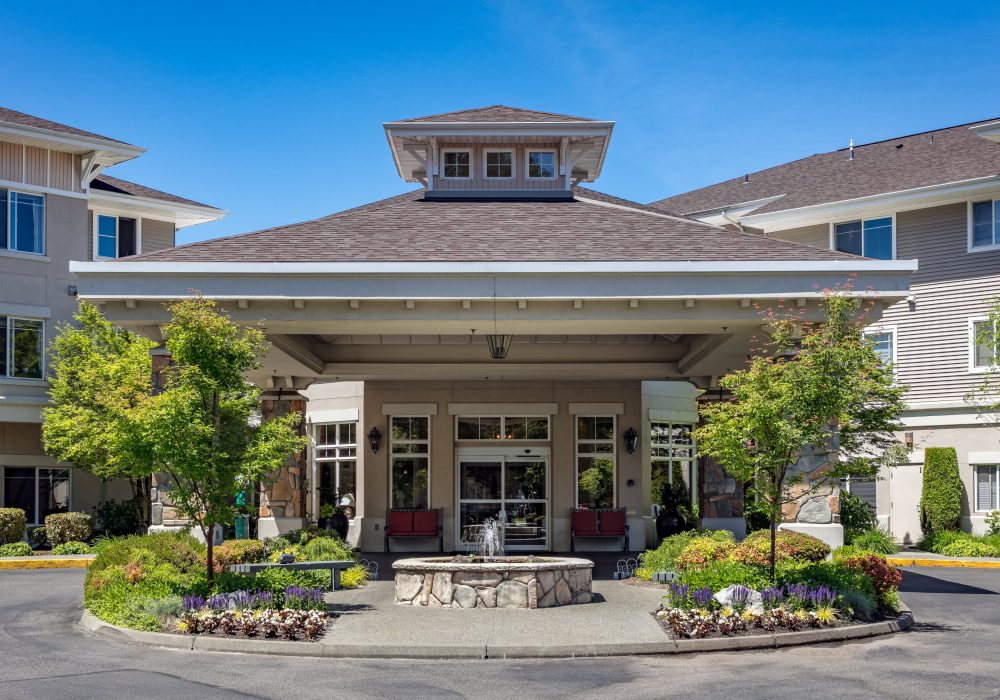
The Centers for Disease Control and Prevention (CDC) estimates that nearly 7 million Americans over the age of 65 experience depression each year. Because many of the signs and symptoms of depression mimic normal age-related issues, seniors are at risk of misdiagnosis and lack of treatment of dementia. Symptoms can also be confused with chronic illness, medications, and normal life changes. However, it’s important to note that depression is not a normal sign of aging. It is a medical condition that needs to be diagnosed correctly and treated promptly.
Learn more about the signs and symptoms of depression in seniors and current prevention and treatment methods.
Causes of Depression in Seniors
While every person is unique and triggers for depression or a depressive episode are different for each person, seniors are at an increased risk for depression. Nearly 80% of seniors have at least one chronic health condition, 50% have two or more and depression is more common in people who have other illnesses, or whose function becomes limited. Other causes of depression in seniors include:
- Chronic illness such as Alzheimer’s disease, Parkinson’s disease, heart disease, cancer, and arthritis.
- The loss of loved ones
- Certain medications, especially cardiovascular drugs, chemotherapeutics, antipsychotic drugs, anti-anxiety medication, sedatives, anticonvulsants, and anti-inflammatory drugs.
- Increased feelings of isolation and loneliness
- A family history of depression
- Low levels of important neurotransmitter chemicals in the brain (serotonin and norepinephrine)
Signs and Symptoms of Depression in Seniors
The unfortunate truth is that many symptoms of depression are often overlooked and untreated in seniors as they often coincide with chronic illness and life changes. However, clinical depression is not a normal reaction to life events nor is it a normal sign of aging. Different from grief, depression is persistent and pervasive and includes the following symptoms:
Experience Leisure Care Senior Living
- Morbid preoccupation with worthlessness
- Confused speech
- Hallucinations and delusions
- Consistent feelings of hopelessness
- Irritability or restlessness
- Changes in sleep habits
- Changes in eating habits
- Sudden changes in weight
- Thoughts of suicide, suicide attempts
- Fatigue and decreased energy
- Loss of interest in activities or hobbies once enjoyed
Preventing and Treating Depression in Seniors
Thankfully, clinical depression is very treatable when diagnosed correctly. In fact, more than 80% of people with depression can be treated with medication, psychotherapy, or a combination of both. Additional treatment options include group therapy and lifestyle changes that would include more a focus on health, wellness, and self-care.
Staying engaged and active is crucial to preventing depression in seniors. Many seniors choose to volunteer in their local communities, finding meaning and purpose in giving back. Learning a new skill, taking care of a pet, finding new hobbies, and forming new relationships are all great ways to prevent feelings of loneliness and isolation that can lead to depression. Moving into a senior living community is a great way to do all of these things in an encouraging environment. With dynamic activity calendars, fitness classes, planned excursions, and more, senior living communities are a great way for seniors to experience true belonging and community.
Do you or a loved one struggle with feelings of depression? Has a move to senior living helped your loved one manage clinical depression? We’d love to hear your personal experiences, please share them with us in the comments below.
Find a Leisure Care Community
Better with age, exceptional with us! Come and see how Leisure Care communities are helping seniors rediscover (and sometimes reinvent) themselves.








